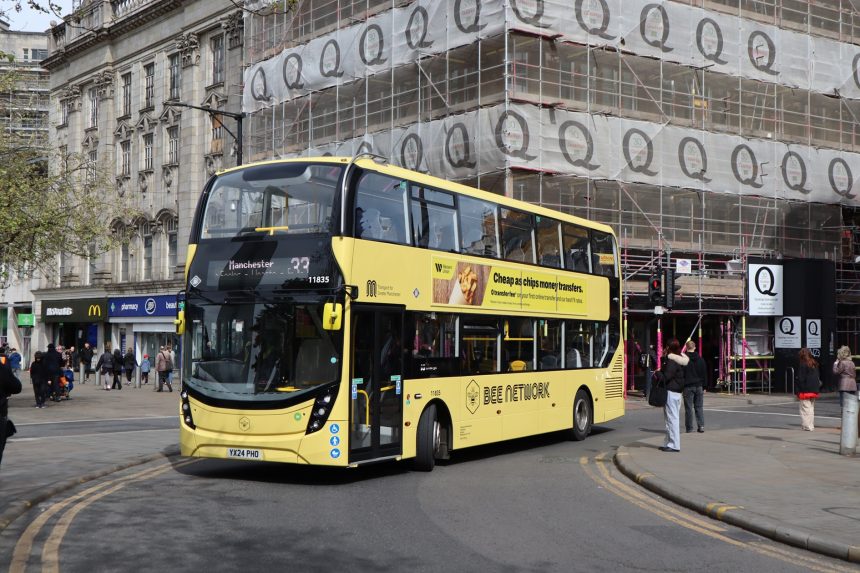Local authorities should consider the many varied modes of bus franchising that are set to become available under the new Bus Services Bill, Confederation of Passenger Transport Chief Executive Graham Vidler told the Transport Committee at the “Buses connecting communities” inquiry on 26 March.
During the third and penultimate panel of oral evidence on the topic in the House of Commons, Mr Vidler stressed the different types of franchising which he believes will become more common.
Opening the session, which focused on the blend of public and private services, he says: “It is really important to distinguish between different types of franchising.
“It is very simple to think the options are, on the one hand, a commercial bus market where the local authority has little or no control and, on the other, the London model or, indeed, now the Manchester model where the local authority controls pretty much everything.
“What I expect we will see in future is more local authorities looking at different shades of franchising rather than simply comparing those two extremes.
“As the Bus Services Bill passes into law, we will see local authorities increasingly asking themselves questions such as, ‘Do I need to franchise some or all of my area? Do I only need to franchise a few routes, maybe just a town or city within my area? Do I need to take on full responsibility for revenue risk or can I share that with operators? Do I need to specify every aspect of the network, or can I set the minimum standards and let operators build on top of that? Do I need to own the buses and the depots or can I leave those in private sector hands?’
“We are about to move into a much more sophisticated phase of considering franchising, where local authorities will compare the enhanced partnerships that they already have against a range of options. That will accelerate once the Bill becomes law later this year.”
Martin Dean, Go-Ahead Group Managing Director for UK Regional Bus, who was also present, agreed with that view.
The inquiry also heard evidence from Stephen Rhodes, Director of Bus, Transport for Greater Manchester; and Judith Barker, Executive Director for Places and Connectivity, Cambridgeshire and Peterborough Combined Authority, which has embarked on the bus franchising journey.
Mr Rhodes said he was encouraged by initial performance improvements since bus service reregulation began in Manchester in September 2023.
“We are in a good place now in terms of delivering and starting to deliver improvements,” he says. “We have always said it will take many years to fully realise those benefits. This is not all about quick wins, albeit the expectations now are understandably that we make improvements and do that quickly. We are doing that, but it will take a long time to realise fully all those benefits.”
Mr Vidler noted the “fantastic transformation of bus services” in Manchester but warned against assuming it was “an automatic result of franchising”.
Among his contributions, Mr Dean said authorities would need to take careful consideration where rural bus services would need to be heavily subsidised under franchising.
“The greater risk in rural areas is that, inevitably, you have fewer passengers,” he says. “If you have fewer passengers and you want a better level of service, those passengers are going to have to pay for that higher level of service or it is going to have to come from local taxpayers.
“You still have the same problem that you have had for a number of years: how do you subsidise the rural network? When Judith was talking about cross-subsidy, there is an equity point there. I am not saying it is not right, but it should be debated: is it right for people in urban areas to cross-subsidise people in rural areas? It is a
debating point that should be talked about.”



























